SUMMARY
This is AI generated summarization, which may have errors. For context, always refer to the full article.

MANILA, Philippines – To mark Earth Day on Saturday, April 22, fisherfolk from oil-spill affected communities gathered in Pola, Oriental Mindoro, as they scored what they called government “inadequacy on one of the worst ecological disasters our country has faced.”
Pola is considered ground zero of the oil spill from the MT Princess Empress – a tanker carrying 900,000 liters of industrial oil that capsized off the coast of Naujan, Oriental Mindoro, on February 28.
The gathering was led by the Koalisyon ng mga Mangingisdang Apektado ng Oil Spill (KMAOS) and groups under the banner of Protect VIP (Protect Verde Island Passage), and was hosted by the Pola mayor’s office.
“MT Princess Empress is still in the bottom of the sea, the spill has not been contained, reparations have yet to be made, and most importantly, there is still no mention of who would be brought to justice for the damage done,” said Father Edwin Gariguez, Protect VIP lead convenor and Social Action Center director of Calapan.
“We do not need Earth Day to raise awareness on the gravity of environmental degradation in the country. We just have to go to Pola and the other coastal communities affected by this spill. We ask the government to move quickly and move correctly on this matter, or more communities and families will be affected. The longer this crisis lasts, the longer it will take for nature to heal,” Gariguez added.
‘Invest in responsible production, consumption of chemicals’
Advocacy group BAN Toxics called on the public to invest in responsible production and consumption of chemicals.
“As the increasing use of chemicals becomes indispensable, so do the risks associated with human health and the environment. The shift from highly industrialized to developing countries of chemicals production, use, and disposal is concerning while Asia also produces half of the global plastics production,” said Thony Dizon, Toxics Campaigner of BAN Toxics.
According to the group, chemicals are released through wastewater that goes untreated into bodies of water.
“About 2 million tons of sewage and industrial and agricultural wastes go into freshwater streams daily. Urban sewage, including large amounts of plastics, forms roughly 80% of ocean pollution,” they said.
The group said that about 35,000 tons of municipal solid waste are generated in the country every day, with 8,600 tons per day in Metro Manila alone, and with a sizable proportion openly burned.
“We have to look at the sound management of chemicals and waste through the life cycle as an urgent concern in a way that places people and human rights at the center. The government, private sector, civil society, youth, and other stakeholders must engage in action and raise awareness of current initiatives,” the group said.
BAN Toxics urged public should practice the “3Rs” in controlling pollution – “reduce, reuse, and recycle, and significantly cut down waste at home. Practice waste segregation and start composting.”
Another advocacy group, Aksyon Klima Pilipinas, urged the public to commit their “capacities, collective will, and attitudes towards a shift in culture that initiates actions rather than merely responding to impacts.”
“Despite multiple warnings to us about the need to address these issues, the rate of implementing global and national solutions continues to fall behind the rate at which the climate changes, the environment is polluted, and biodiversity declines,” Aksyon Klima said.
“Without higher ambition, increased financing, scaled-up solutions, and greater participation from all sectors, these trends will not be reversed anytime soon, resulting in more severe loss and damage that would hit nations like the Philippines the hardest,” it added. – Rappler.com
Add a comment
How does this make you feel?
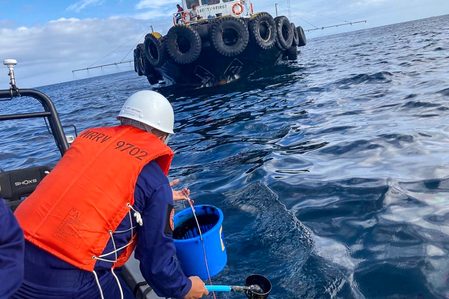
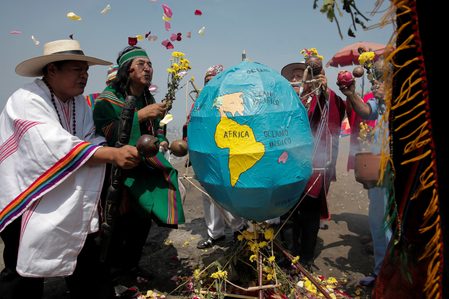
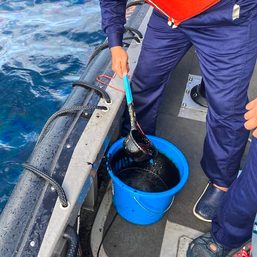
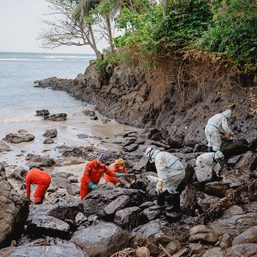
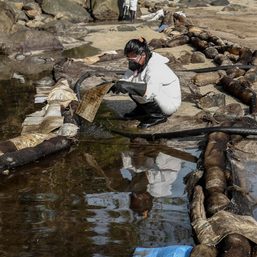
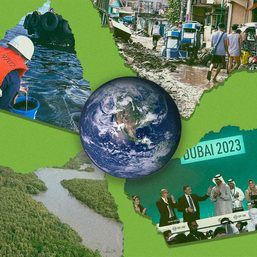

There are no comments yet. Add your comment to start the conversation.